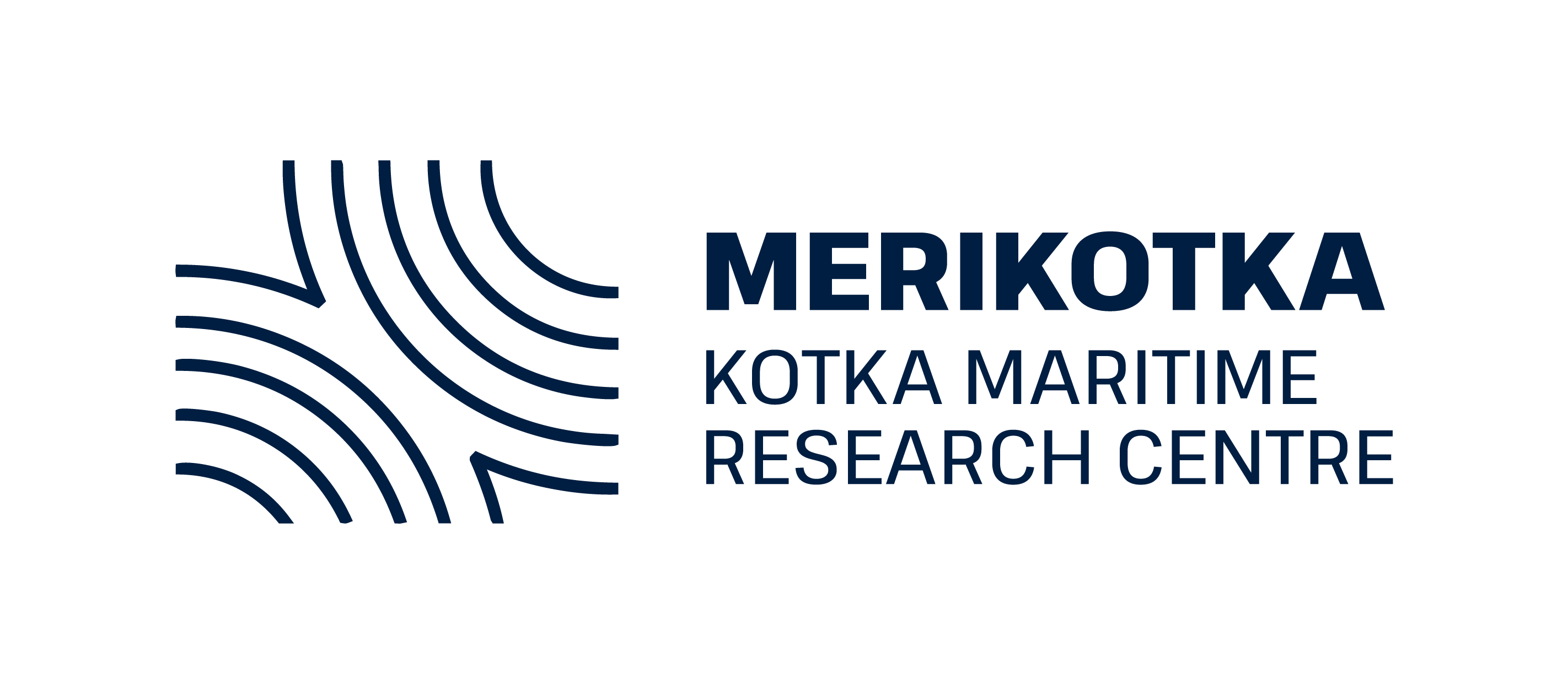A new article from the Kotka Maritime Research Network recently came out in the international science journal Marine Pollution Bulletin. The article is based on data collected during the 30MILES project, that focused on sustainable development of the marina network in the Eastern Gulf of Finland.
While analyzing the answers of queries and interviews, the researchers noticed the aspects most frequently commented by boaters in connection to sustainability of marinas were the waste management issues – especially those related to boat-sourced sewage management. Recreational boaters in the study area often seemed to face boat-sourced sewage management issues that the port actors were not aware of. A literature review indicated similar issues are faced by boaters in other parts of the world, too.

The researchers conducted an actor-network theory -driven analysis to understand and describe the mechanisms through which boat-sourced sewage management plays a role in sustainable marina development of the study area. The article presents a comprehensive description of one socio-eco-technical system, in which the various identified actors and factors, in interaction with each other, can either advance or hinder the manifestation of sustainable port operation and recreational boating. Sewage pump-out stations installed in the marinas are recognized as core marina services, valued by boaters. At the same time, they serve as so-called governance artefacts, steering the boaters’ environmental behavior in marinas, but also at sea, which simultaneously affects the sustainability of both marina operation and boating.
The results of the article indicate paying special attention to waste management services in marinas is likely to put forward a positive sustainability loop. This virtuous circle produces synergies between objectives of environmental management, local well-being, and economic development. Adequate environmental management preserves the ecosystem services that are part of the tourism product and prevents them from turning into disservices that would likely make visitors to abandon the site and its surroundings in the long run. Waste management connects concerns of both visiting boaters and locals, enabling the first group an environmentally conscious and legal way of action, at the same time sustaining the good environmental state in the home locality of the latter group.
The article provides evidence-based ideas and recommendations for improving the boat-sourced sewage management, as well as the sustainable development of marinas in general.
Original article:
Renne Vantola, Emilia Luoma, Tuuli Parviainen and Annukka Lehikoinen (2021). Sustainability manifesting as a multi-material and -sited network effect: How boat-sourced sewage management facilities serve as governance artefacts advancing sustainability in nautical tourism. Marine Pollution Bulletin 173, Part B. (Open access link)




